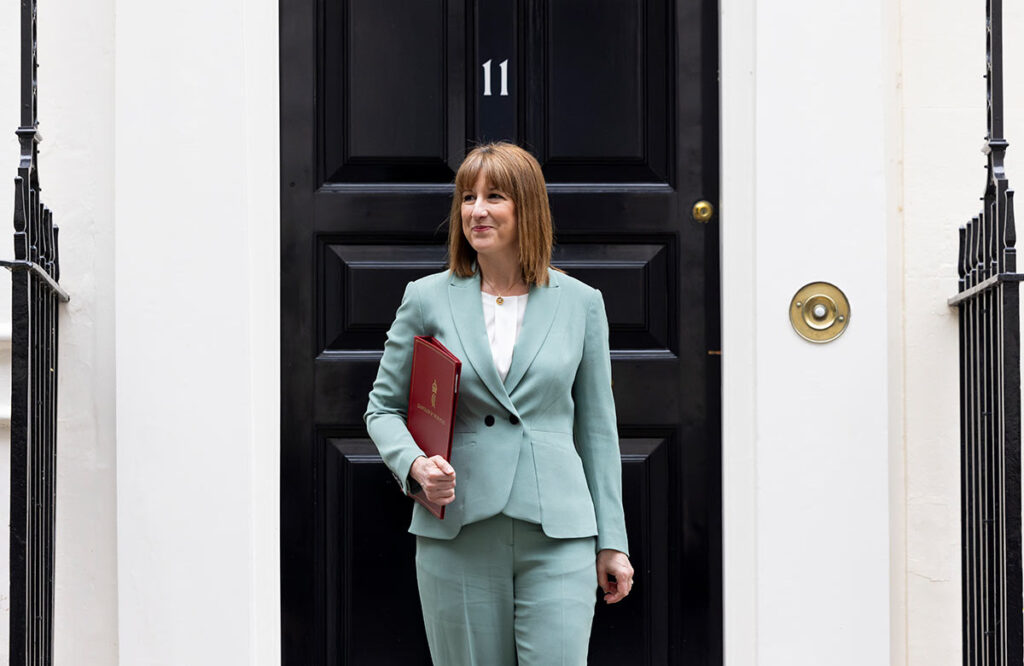North East Schools: Still waiting for a fair shake from the Spending Review

When the Chancellor delivered her first Spending Review this week, school leaders across the North East were hoping for meaningful relief after years of stretching every penny to its limit. Unfortunately, the reality of this settlement does not match the rhetoric.
Yes, there are headlines touting an additional £4.7 billion for schools by 2028–29. But behind the headlines, the numbers tell a bleaker story, especially for the North East. In practice, this increase barely covers inflation and existing government commitments like the expansion of Free School Meals (FSM), SEND reform, and teacher pay awards. For most schools, this means a real-terms funding freeze at best.
Frontline schools, frozen budgets
Here in the North East, our schools are working against the odds. With some of the highest levels of child poverty, Free School Meal eligibility, and SEND demand in the country, our schools are under relentless pressure to deliver more with less. Schools North East exists to make sure those challenges aren’t ignored and to give all 1,150 of our schools a voice in the national education debate.
But time and again, government policy over the last 15 years has failed to reflect the acute needs of our region. This Spending Review is no different.
Free School Meals: A welcome step forward, but not far enough
We welcome the government’s plan to expand FSM eligibility to all children in families receiving Universal Credit; something Schools North East and partners have long called for. With 31.2% of pupils in our region eligible (compared to 25.7% nationally), this change matters.
But more is needed. Without auto-enrolment, many eligible children still miss out on this vital support. Schools North East and the North East Child Poverty Commission have been campaigning for this for nearly 5 years. Its gratifying to see that organisations like EPI and ASCL are now putting their weight behind this demand. FSM isn’t just about a hot meal, it’s a gateway to wider support services and a measure of deprivation used across funding streams. We need policies that ensure no child slips through the cracks.
Unfunded pay awards are unsustainable
Early data from our upcoming State of the Region Summer Term 2025 report reveals the strain schools are already under. If the proposed 4% teacher pay rise is not fully funded, over half of the survey’s respondents say they won’t be able to afford it.
School leaders are telling us they’re burning through reserves and bracing for deficits. For many, this means cutting back on enrichment and support services; freezing recruitment or letting staff go; and delaying essential maintenance and upgrades.
In some cases, Head Teachers are back in classrooms covering staff shortages themselves — just to balance the books. This is not sustainable, and it’s putting staff, pupils, and outcomes at risk.
The capital crisis: Our region is being left behind
Perhaps nowhere is the regional imbalance more visible than in capital funding. Despite having some of the worst school building conditions in the country, North East schools remain consistently at the bottom of the table for Condition Improvement Fund (CIF) success.
This year’s figures are shocking:
- Just 16.4% of North East bids were successful (vs. 35% nationally)
- Only 12.5% of requested funding was granted (vs. 27.7% nationally)
- Success rates have fallen year-on-year: from 26.8% in 2023/24 to just 16.4% today
This is in spite of the DfE’s own Condition of School Buildings Survey (2021), which showed that North East schools face higher average condition needs than those in the North West, South West, or Yorkshire; all of which outperform us in CIF awards.
This cannot be just an administrative quirk, it’s a pattern of underinvestment that leaves our pupils learning in unsafe, unfit environments.
Schools can’t wait
As our Director, Chris Zarraga, said: “Any Spending Review that fails to deliver genuine, real-terms increases in core budgets, targeted SEND funding, and a capital programme based on actual regional need will continue to leave North East pupils behind.
Schools here are facing a perfect storm of rising costs, crumbling buildings, and growing pupil need, yet are being asked to meet it all with frozen budgets and limited support.
Investment in education isn’t a luxury; it’s the very foundation for regional recovery and long-term national growth. And it must start with the schools that serve our most vulnerable children.”
We keep fighting
Despite the challenges, North East schools continue to go above and beyond. But they shouldn’t have to keep doing more with less. Schools North East will continue to campaign relentlessly for:
- Fair, needs-based funding;
- Targeted investment in SEND; and
- A capital strategy that reflects building condition and regional disparity.
The future of our region is in school. We owe it to our children, and those who teach and support them, to fight for the funding and recognition they deserve.